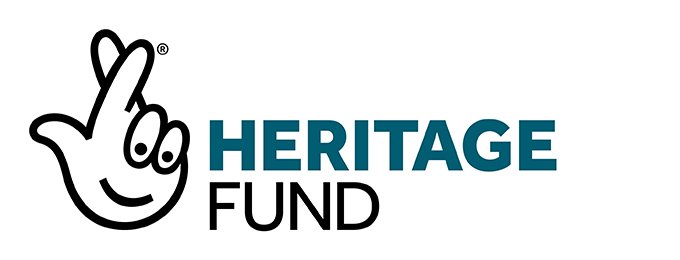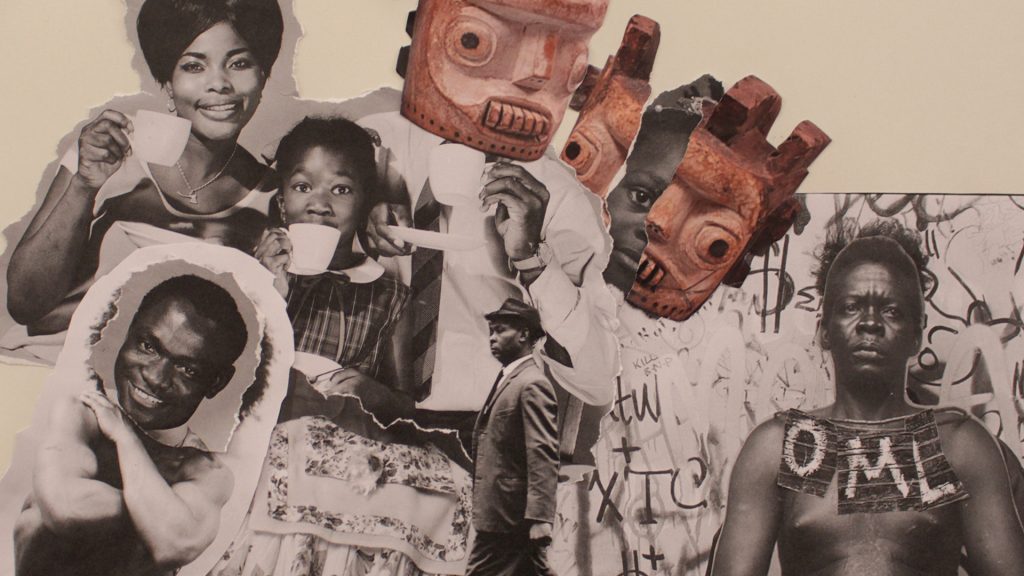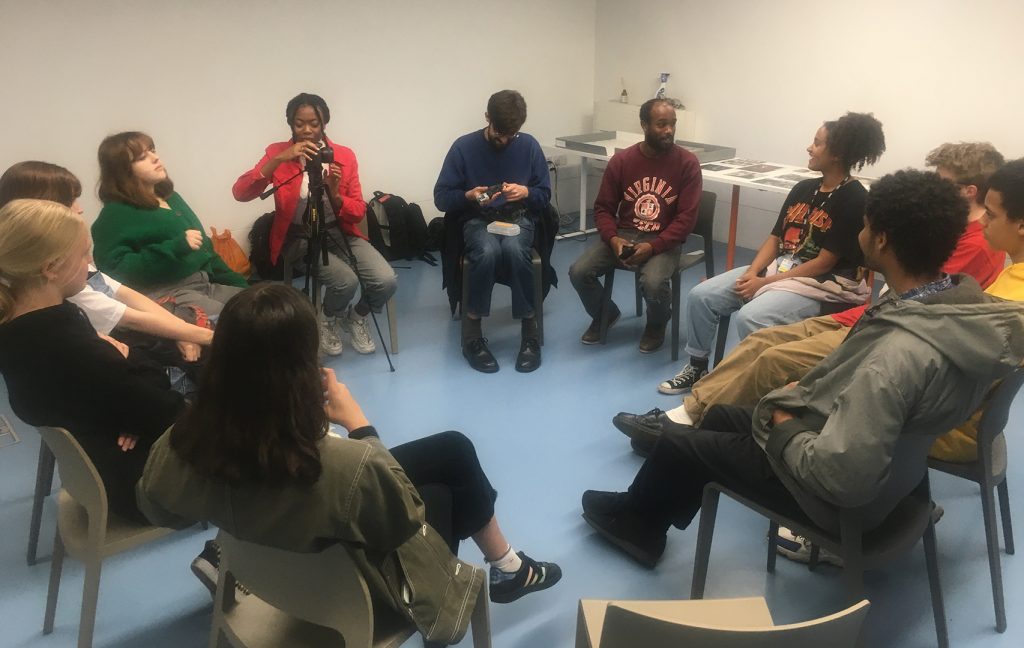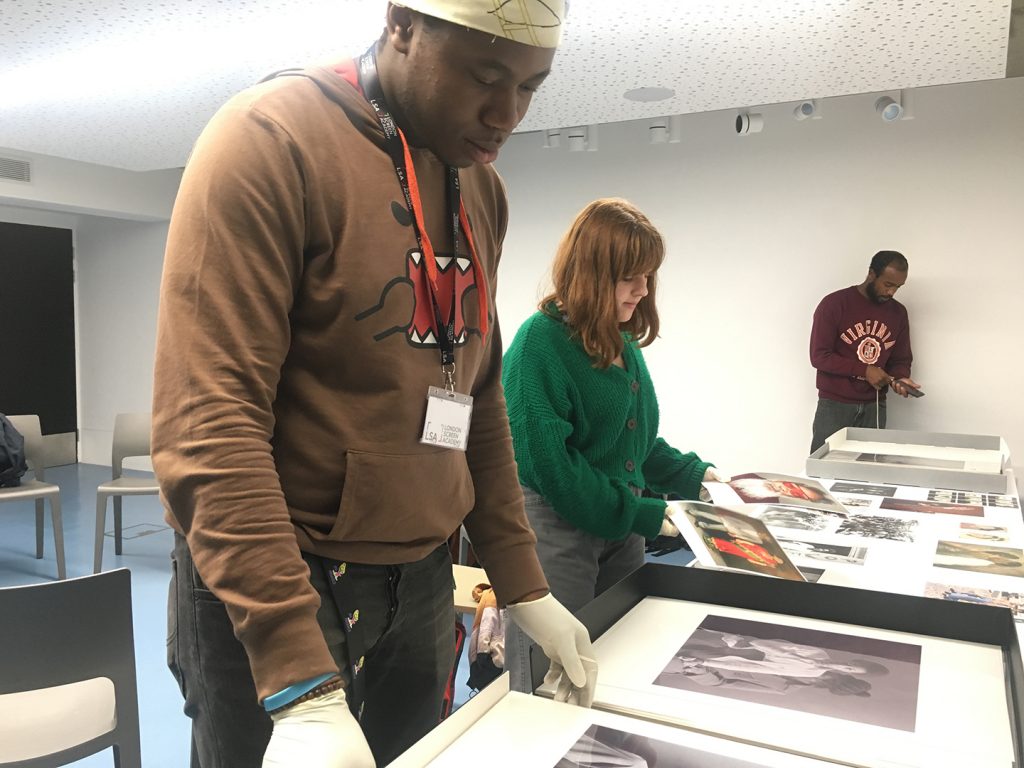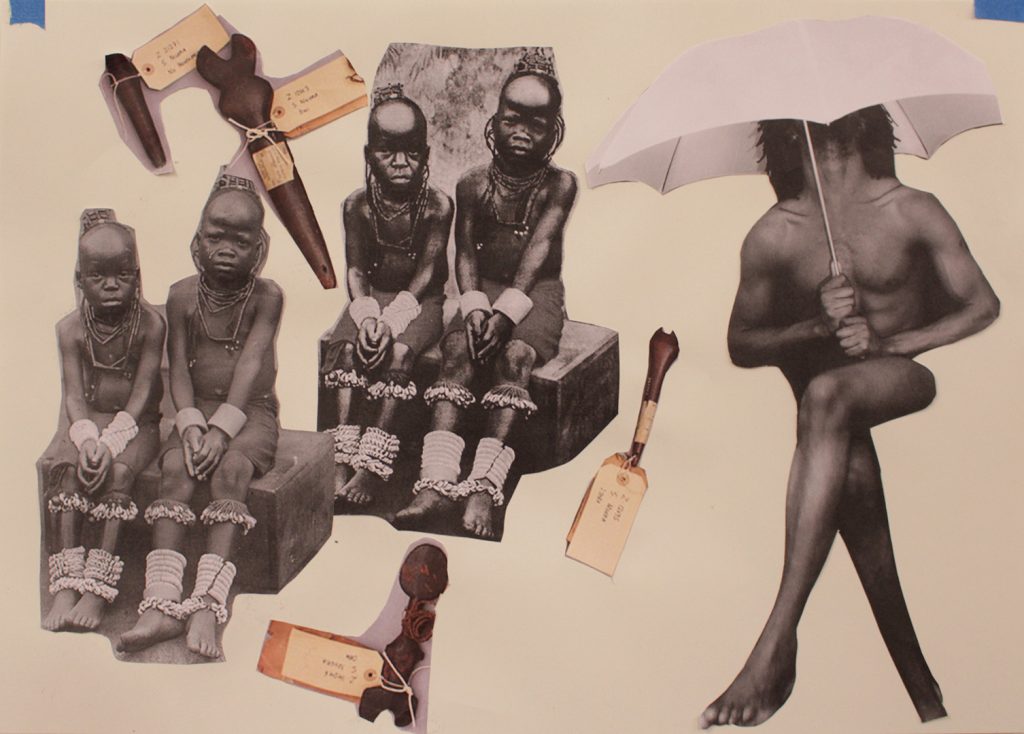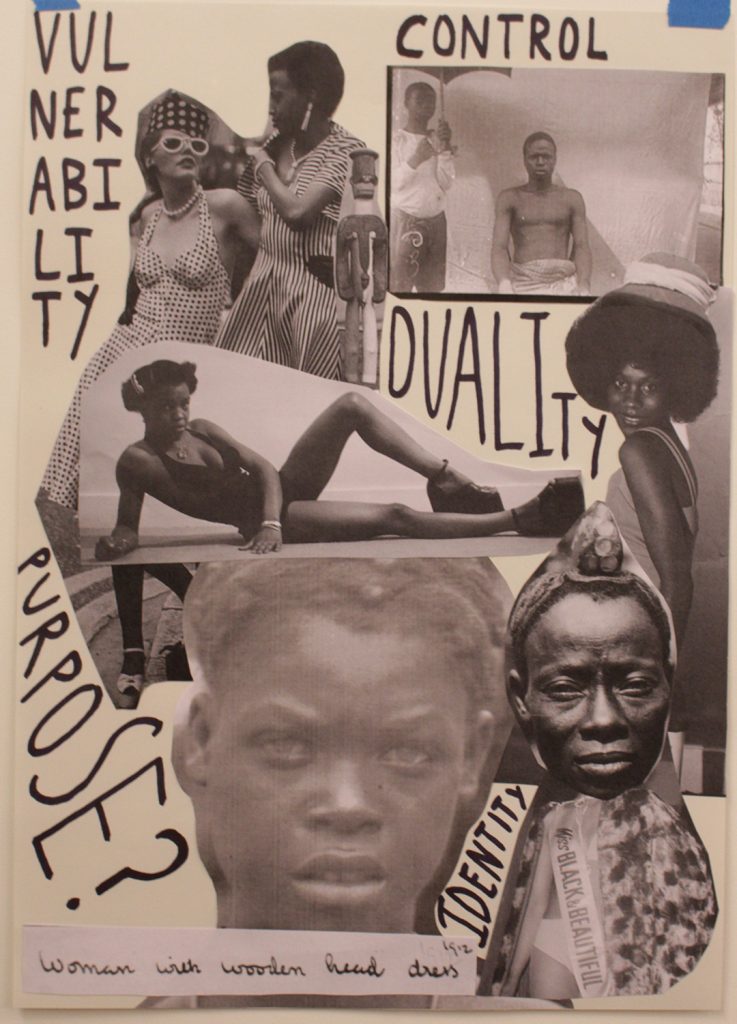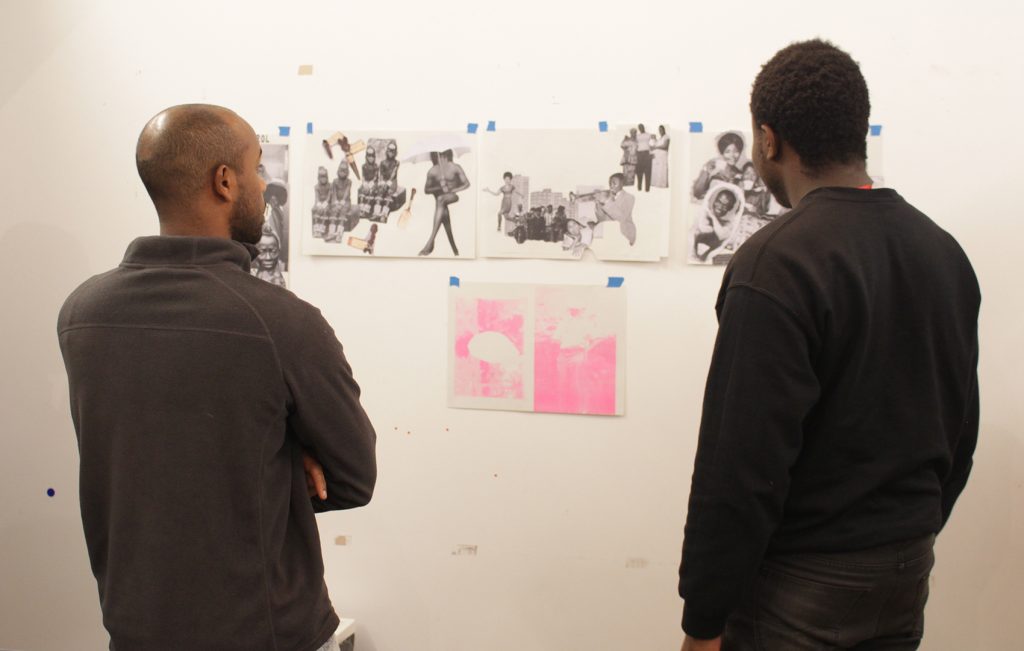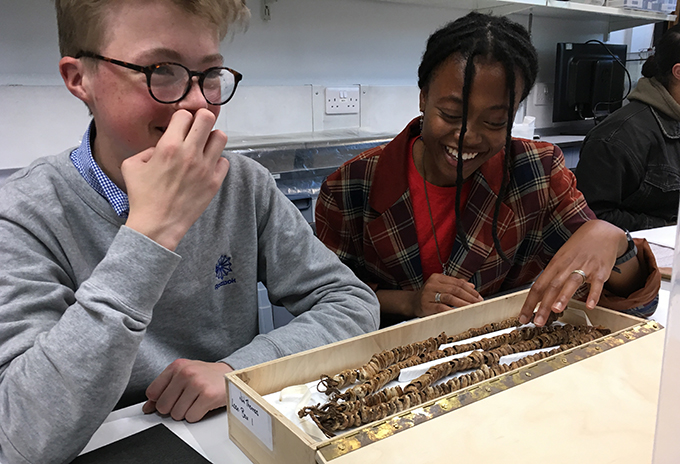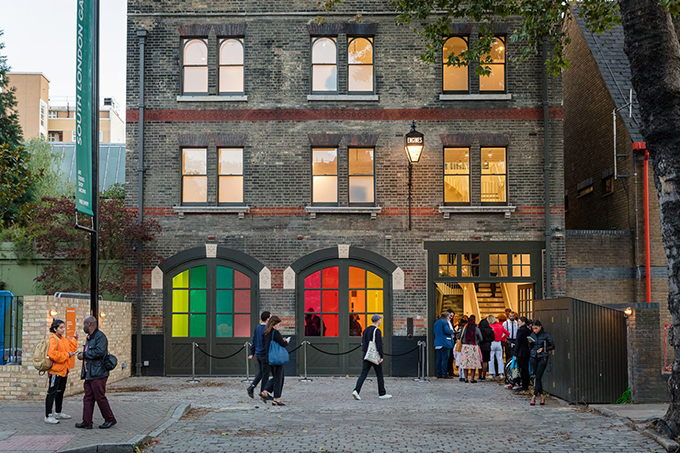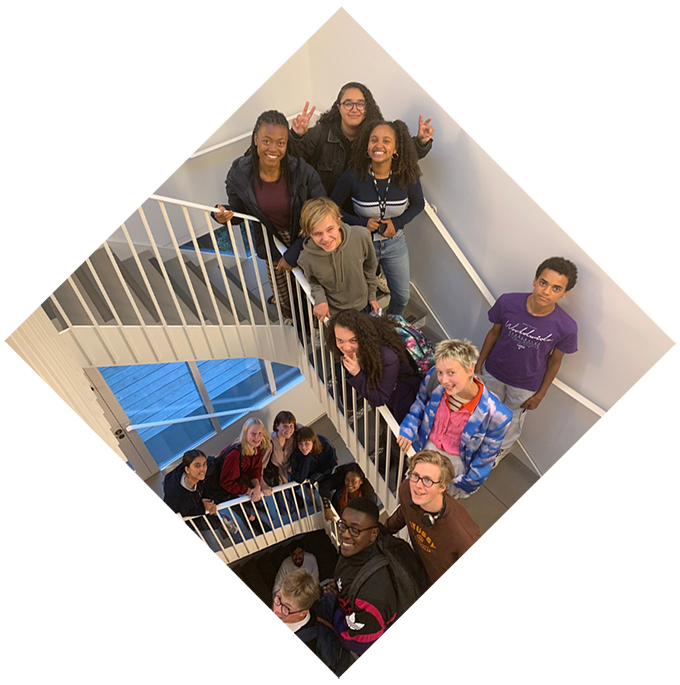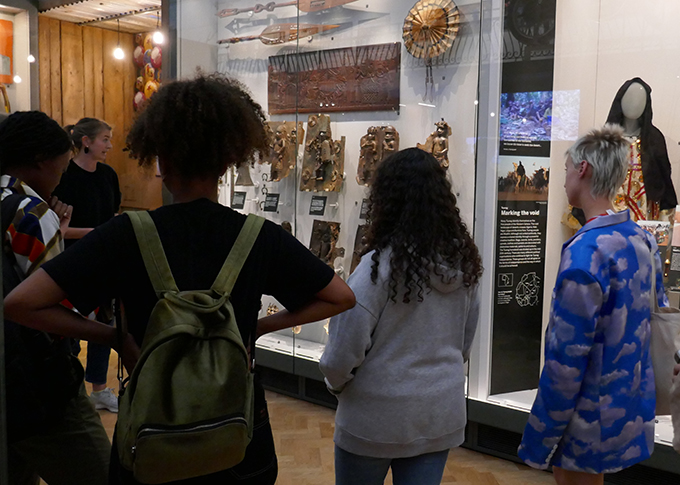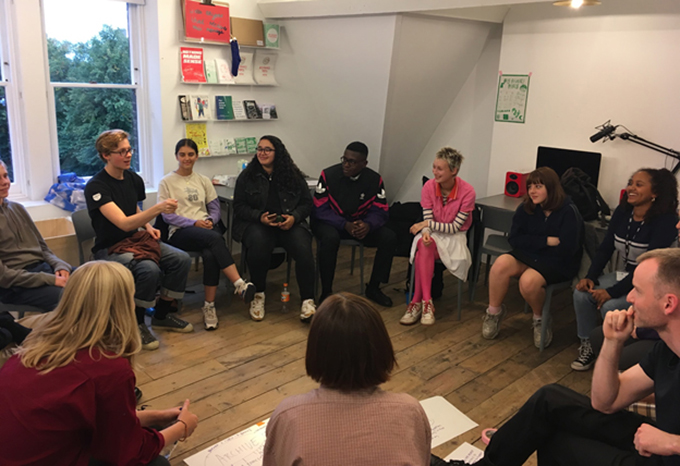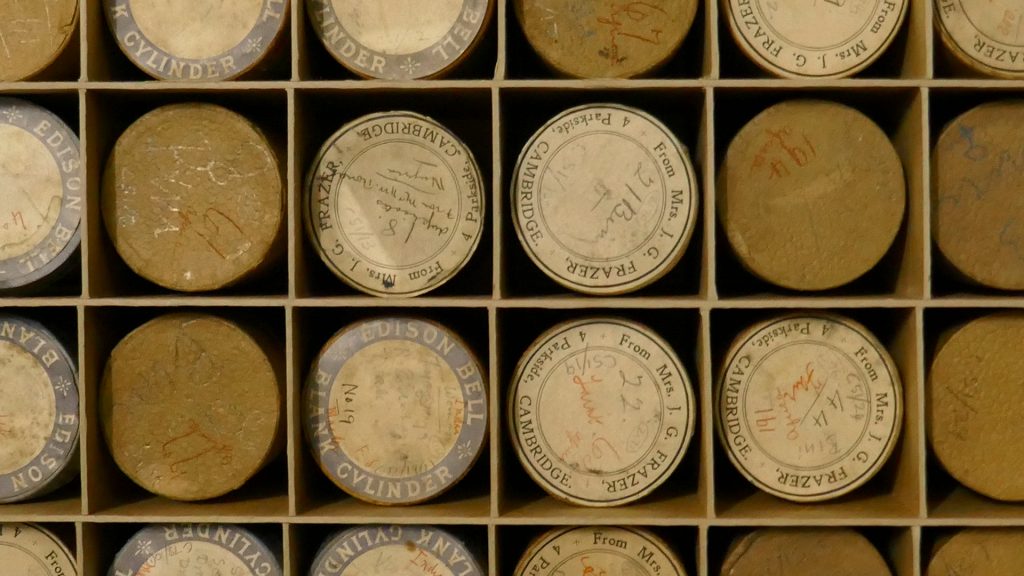
[Re:]Entanglements is collaborating with the Art Assassins, the young people’s forum of the South London Gallery in Peckham. As part of the project, the Art Assassins are working with a number of London-based artists and researchers with connections to West Africa. The idea is for each artist or researcher to use their creative practice to help the Art Assassins explore the Northcote Thomas collections and archives, and consider its relevance for young people in South London today. The Art Assassins’ work will culminate in an exhibition at the South London Gallery in May 2020, which they will curate themselves.
The first artist to collaborate with the group is Onyeka Igwe. Onyeka is a filmmaker, programmer and researcher. She is widely known for her video work which uses dance, voice, archive and text to expose hidden narratives. Her work explores the physical body and geographical place as sites of cultural and political meaning. Onyeka won the 2019 Berwick New Cinema Competition for her film the names have changed, including my own and truths have been altered. The film explores three interconnected narratives – a story of the artist’s grandfather, one of ‘the land’, and another detailing an encounter with Nigeria.
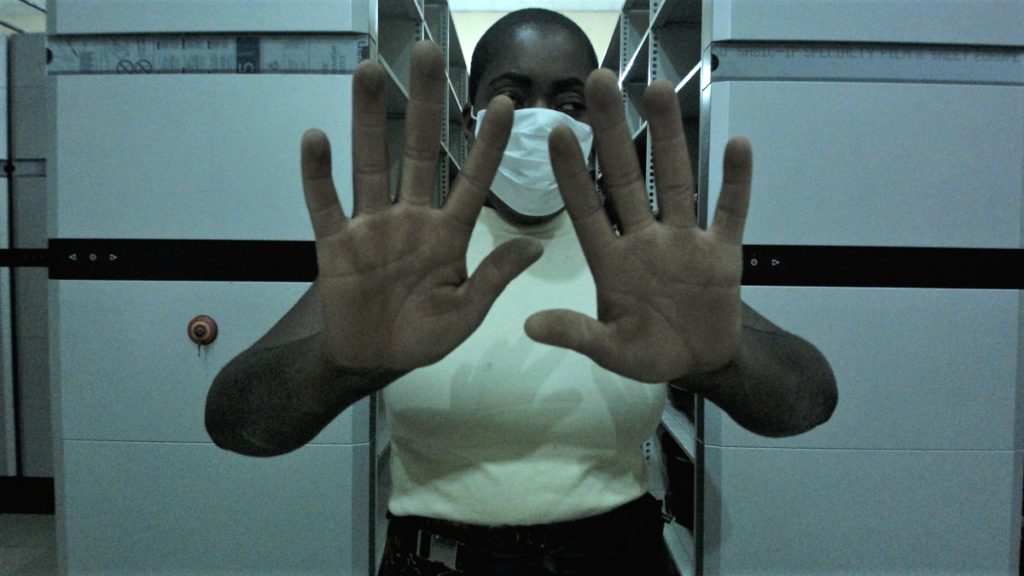
For her project with the Art Assassins, Onyeka has been exploring the sound recordings made during Northcote Thomas’ anthropological surveys in Nigeria and Sierra Leone. The work is ongoing, so here we report on our activities so far and our plans for developing this strand of the project over the coming months.
Listening to the archive
At an initial workshop with Onyeka, the Art Assassins explored the [Re:]Entanglements SoundCloud site, at which the complete set of Northcote Thomas’ digitised sound recordings have been made available. They spent time listening to a selection of the recordings on high quality speakers in the South London Gallery’s Clore Studio. Participants were struck by the texture of the phonograph recordings and how the crackles and pops created their own rhythms. This led into a discussion about how the recordings were made and Onyeka explained more about the wax cylinder recording process employed by Thomas. To give a more contemporary context, Onyeka set up a vinyl record player so the group could get hands on with the analogue sound equipment and learn how sounds can be manipulated.
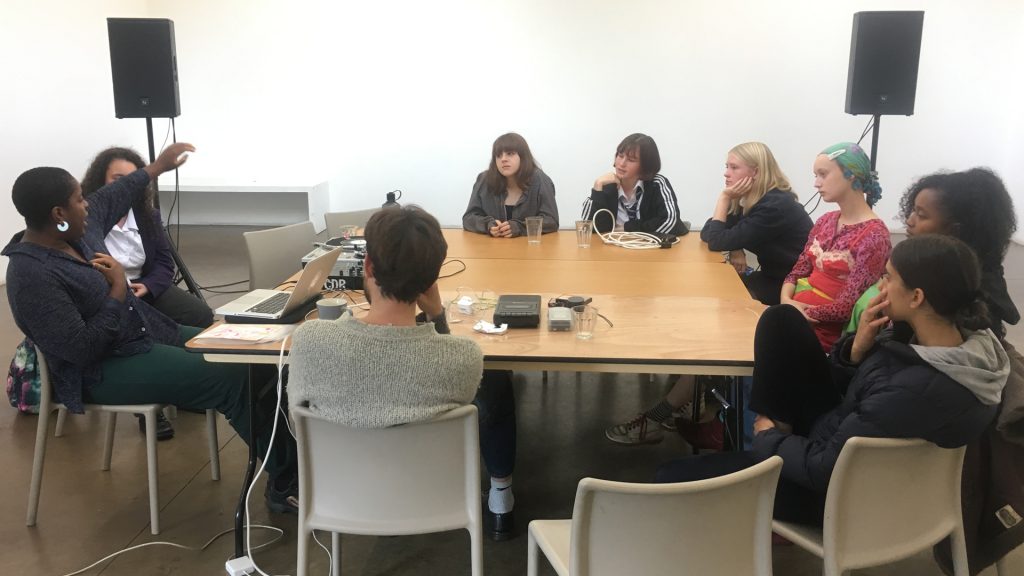
Visiting the archive
The group visited British Library Sound Archive in Kings Cross to find out more about its huge collection of historical ethnographic and ethnomusicological wax cylinder recordings. The British library holds over 700 discrete recordings made by Thomas between 1909 and 1915. It was also responsible for producing the digitised versions of the recordings that the Art Assassins were able to access online. Dr Janet Topp Fargion, Lead Curator of World and Traditional Music, hosted the visit. After travelling down several floors deep into the basement of the British Library the Art Assassins were amazing to find themselves face-to-face with shelves of Thomas’ original wax cylinders. They were then introduced to the team responsible for digitising the wax cylinders and witnessed a live demonstration of the process.
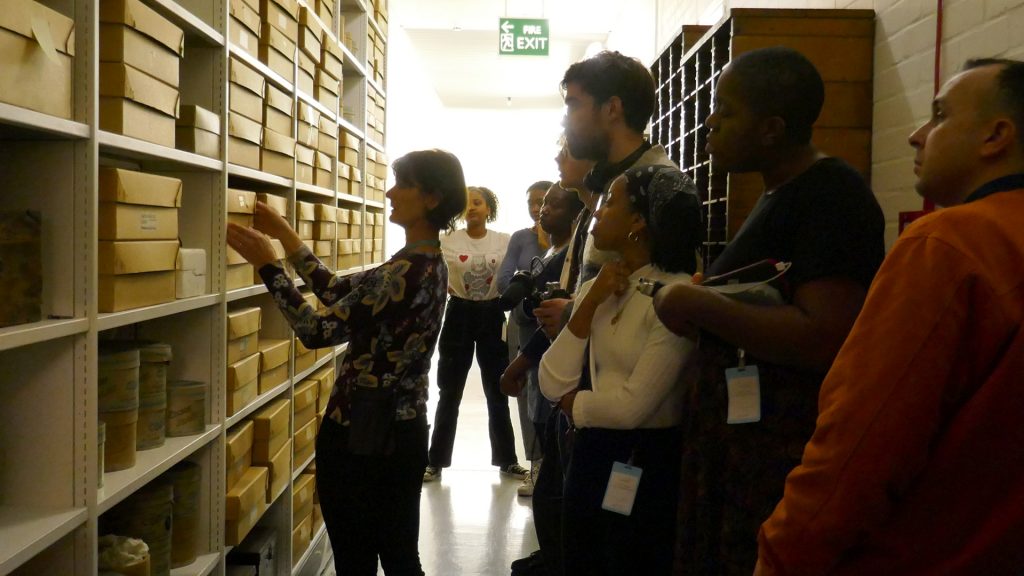
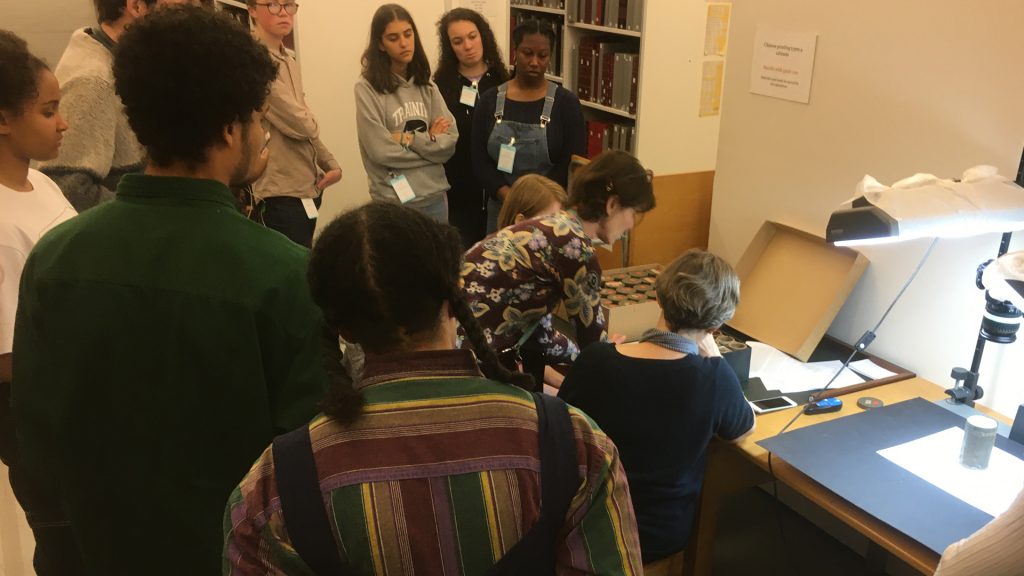
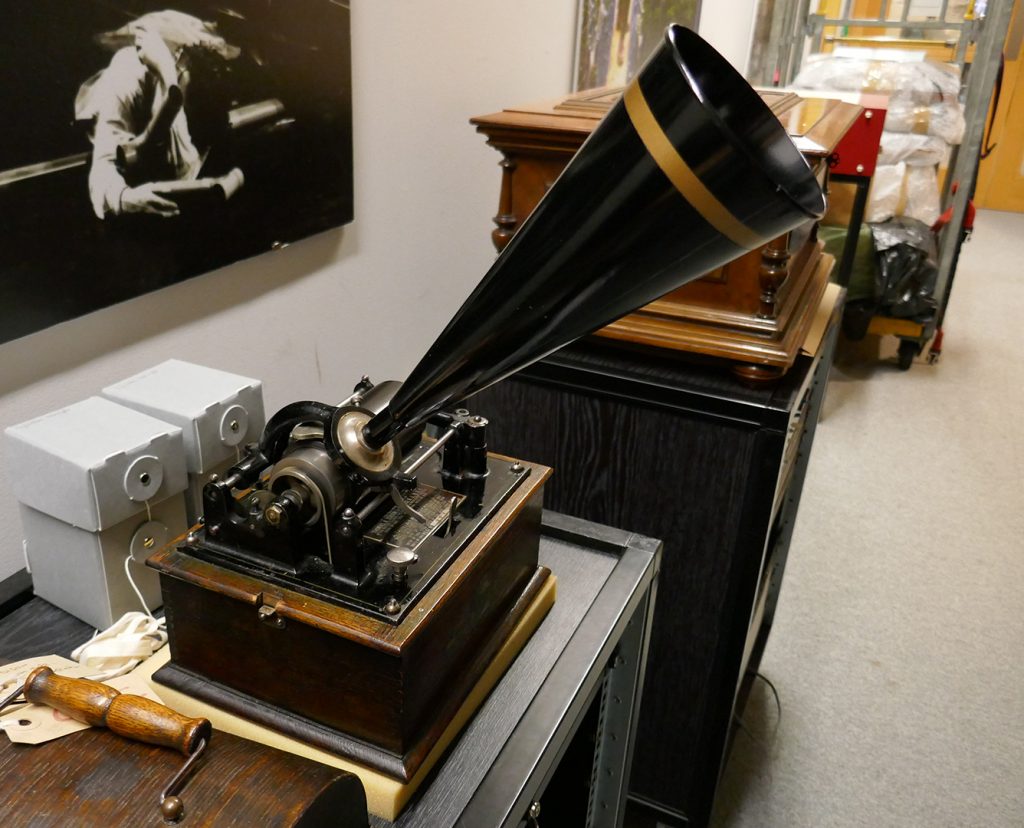
Making an audio archive
Back at the South London Gallery, Onyeka and the Art Assassins started to plan how they might create their own archive of sounds reflecting their own lives. Relating back to the Thomas’s work, Onyeka asked the group to consider the categories he had used in his anthropological reports. Would these same categories work for understanding young people living in London today? The group debated this and offered up other categories to guide their sound recording process.
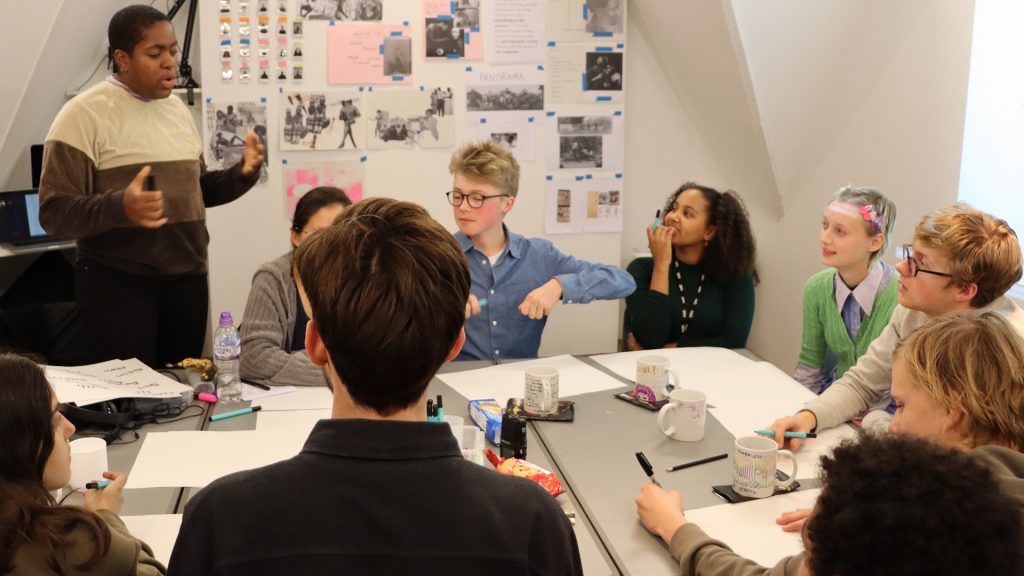
The group are continuing to build up their own archive of sound recordings ranging from everyday sounds and actions to capturing their own and their families’ accents and phrases. They will also be conducting oral histories with people living the UK with a connection to Nigeria and Sierra Leone which will become part of their larger archive.
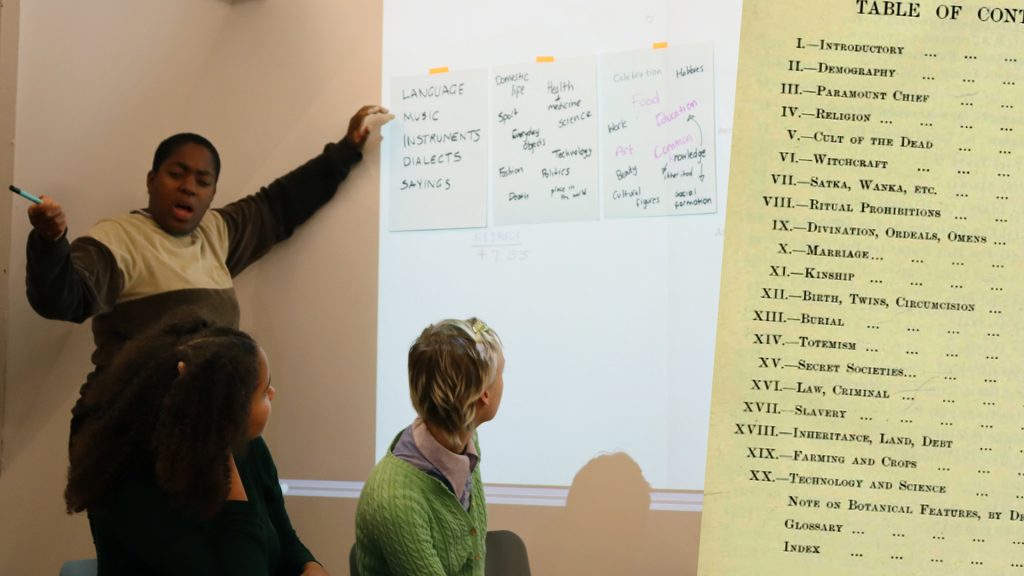
In preparation for the exhibition in at South London Gallery in May, the group will be working with Onyeka to explore how this developing sound archive can take shape as an artwork. Some of the early ideas are to draw on the technologies and techniques of sound systems and other urban music cultures, using sampling and remixing to produce new arrangements of sound.
